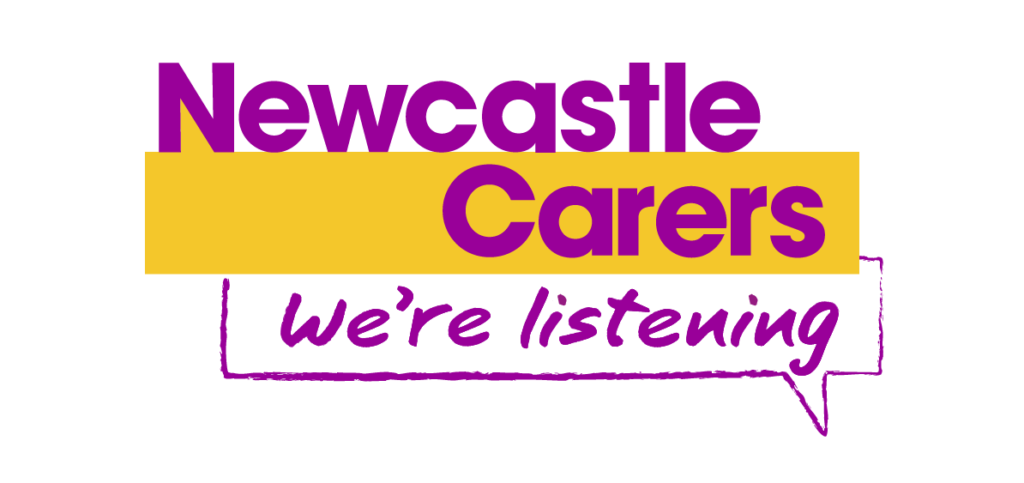Top tips for supporting carers in the workplace
Who is a Carer
You are a carer if you give unpaid care and support to someone who can’t manage without your help. This could be a family member, friend, partner or neighbour. The person you look after may have:
- a disability or learning disability
- a long term or life limiting illness
- mental health difficulties
- alcohol or drug related problems
You might not think of yourself as a carer, but rather as a family member or friend who looks after someone. However being recognised as a carer can help you get support at work, at home and from services.
Read more about looking after someone
Tips for working carers
As a carer it can be difficult to maintain your work, life and caring balance. Here’s a list of tips to help you to do this.
- Know your rights at work. Find out what are your organisation’s policies for time off. Including time off for emergencies, carers leave and parental leave. Read more about your rights as a carer
- Consider flexible working as an option. You have the right to ask for flexible working from your first day of employment.
- Find someone to talk to at work such as a Carers Champion. Carers UK have a Workplace Champion scheme
- Make sure you have backup plan in place in case you have to leave work in a hurry. Build a trusted team around you.
- Organise your time at work and at home. Review your priorities each day, diaries, calendars and Apps can help to do this.
- Don’t be afraid to ask for help or support at home, at work or both. This could be from your local carers centre (in Newcastle this is Newcastle Carers)
- Do what you can to get a proper break for yourself, even just a half an hour can help
- Look after your own health and wellbeing; find interests outside your caring role
- Make sure you have a carers assessment
- Talk to your employer about the support available in the workplace. This could be changes to your working arrangements short or long term.
Tips for employers
1 in 7 employees are an unpaid carer. This means that they look after someone who couldn’t manage without their help because of illness, disability, mental health problems or drug/alcohol problems. Here’s a list of tips to help you to support carers in the workplace.
- Find out how many carers you have working for you. You could ask through staff surveys, in one-to-one meetings or when a new member of staff starts.
- Have carer friendly policies in place for employees who are unpaid carers. Such as carers leave, flexible working, parental leave, special leave. Share your carer friendly policies to make sure all staff are aware of them. You could share them in meetings, emails, social media and staff intranet.
- Promote that you are committed to understanding and supporting unpaid carers as employees, clients, customers or as someone acting on another person’s behalf
- Contact the Working for Carers project if you are in Newcastle, North Tyneside or Northumberland. They can support working carers and employers
- Be aware of your duties as an employer under the Equality Act 2010, the Flexible Working Act 2024 and the Carers Leave Act 2024
- Ask carers what would help them to successfully combine work and caring and act on this. For example supporting the set up of peer support groups and allowing working carers time to attend a group.
- Signpost working carers to services and support that meet their needs and regularly advertise contact information for local carer services.
- Have named key people or carers champions to help carers access information. This could be inside your organisation such as sharing online or printed information or outside your organisation by linking people to their local carers centre.
- You include carer awareness training and carers policies in inductions so that new starters are aware early on that support is available
- You include carers in broader diversity and inclusion policies
Support
The Working for Carers project provides specialised one-to-one support for carers in work or looking for employment, education, volunteering or training opportunities. The project is available to carers across the North of Tyne area (Newcastle, North Tyneside, and Northumberland). Employers can also get information and support to create a carer friendly workplace through the project.
Working Families are a national charity supporting working parents and carers as well as employers to better support them. They have a national helpline you can call for advice
ACAS (Advisory, Conciliation and Arbitration Service) give free advice to employers and employees on employment rights, best practice at work, employment policies and workplace conflict. They have a national helpline you can call for advice.
Resources
Newcastle Carers and the Working for Carers have created top tip posters for employers and a top tips poster for carers
Carers UK Looking after someone guide includes a section on your rights and support at work for carers.
Think Local Act Personal (TLAP) have a guide with tips for supporting working carers in Social Services
Thank you to Newcastle Carers for working with us to develop this article.

Last updated: November 12, 2025



 Share on Twitter
Share on Twitter

